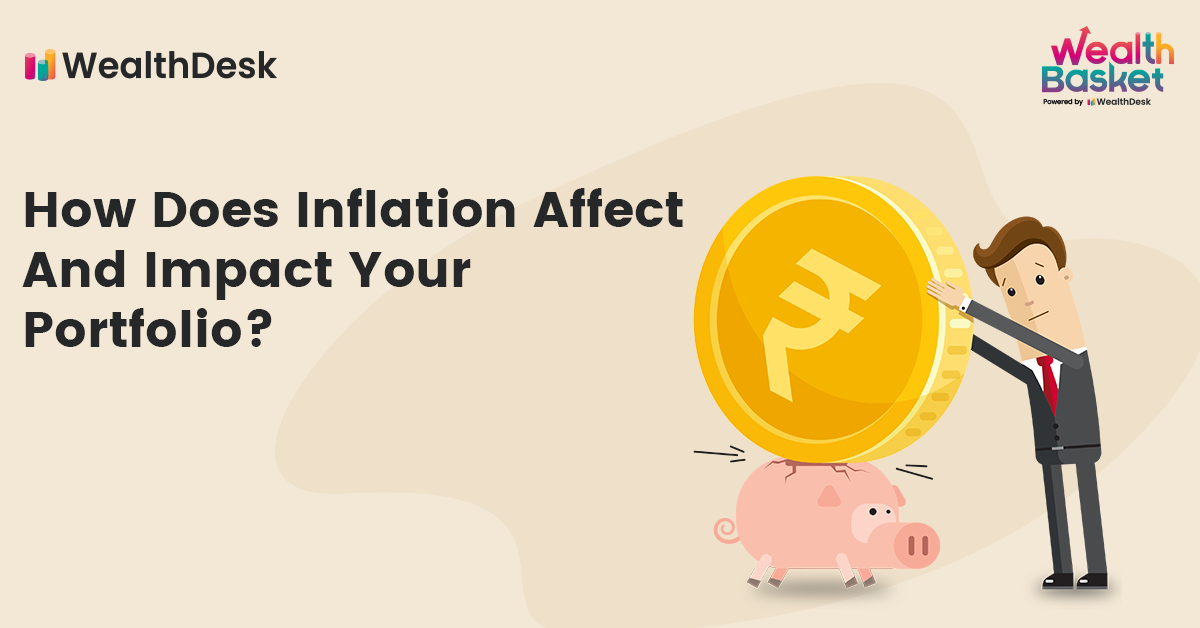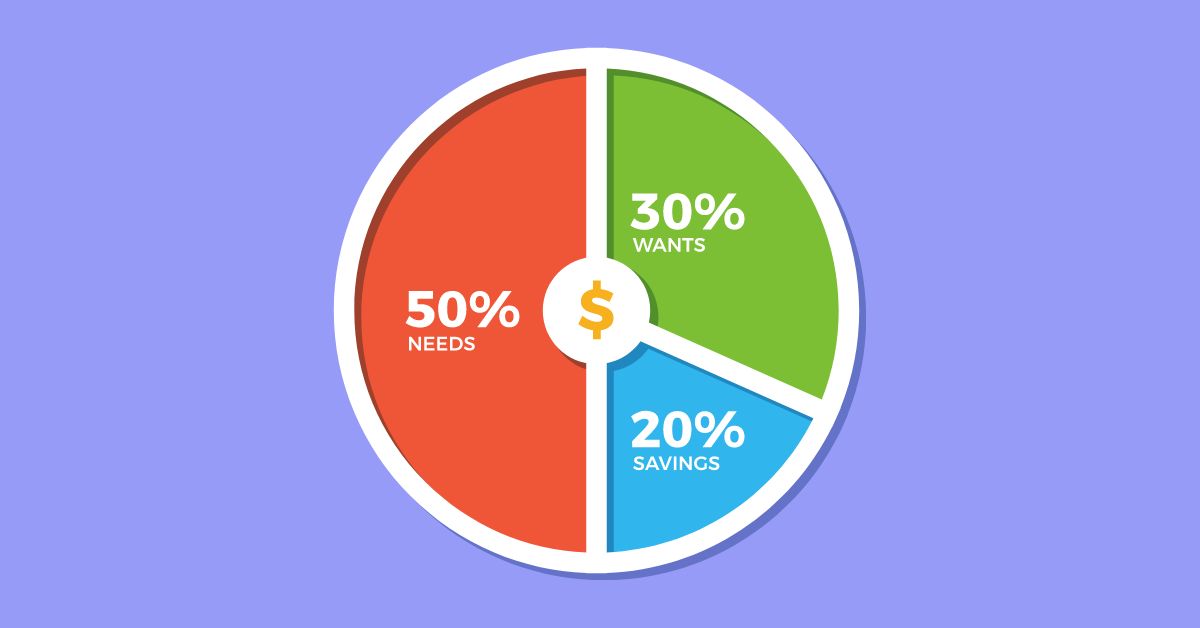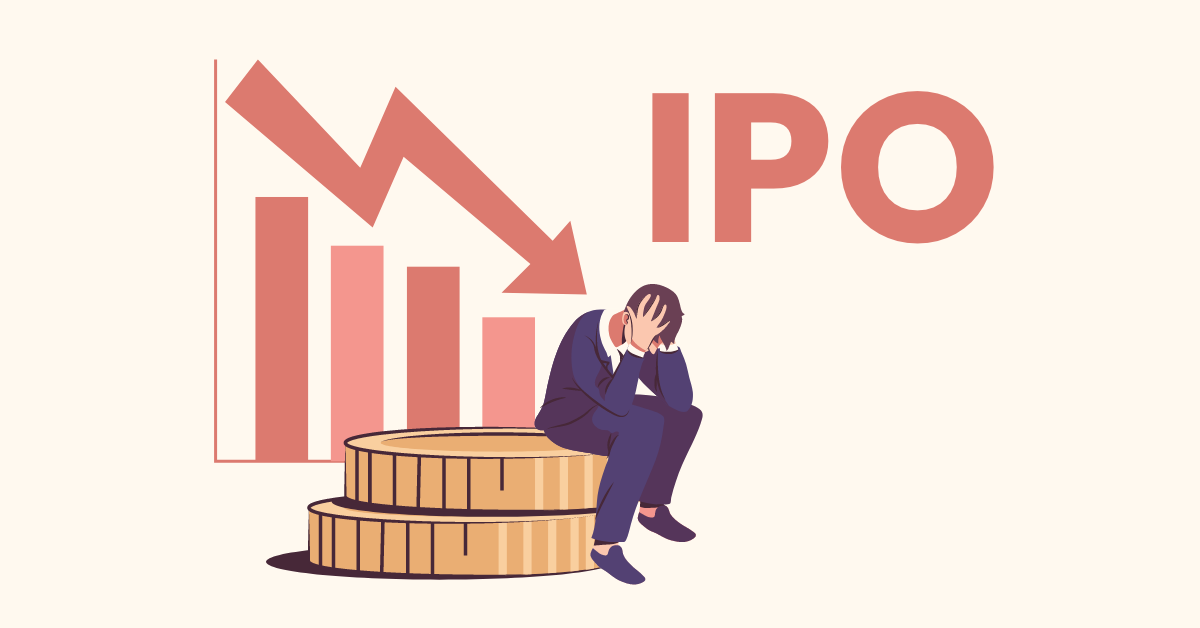Do you have a robust investment portfolio that has given you excellent returns in the past? It’s great if you do, but you have to keep making it stronger to improve your financial health even more. And one of the ways to do that is to keep monitoring your portfolio, examining the real rate of return and risk-return trade-off regularly against effects of things like inflation.
But what is inflation? And how can it have an impact on your investment portfolio? Keep reading to find answers to your questions and have a better hold of your investments even as market conditions fluctuate.
Understanding Inflation First
Economics defines inflation in numerous ways, but in layman’s language, it is simply the rate of increase in prices of goods and commodities over a given period. Inflation is generally viewed as a broad measure of price increases or increases in the cost of living in a country.
Inflation refers to how much more costly a specific range of products and/or services has grown over a particular time frame, most frequently in a year. Thus, its measurement is fundamental for you to determine an impactful portfolio for investment and other secondary activities associated with it.
The markets haven’t seen significant inflation for a very long time. However, owing to a rapid decline in economic activities and the pandemic on the rise, inflation is one of the many economic rebounds you must prepare to deal with. But before you do, it’s time you understand how inflation is measured.
How is Inflation Measured?
Inflation rates for different economies vary based upon their purchasing power. But what remains consistent is the Consumer Price Index. This parameter, which measures the percentage change in the price of a basket of goods and services in use by households, plays a crucial role in determining the inflation rate.
To understand this better, let’s take a hypothetical scenario in the Indian economy. Let’s assume you can get a sandwich for ₹3 this year, with a 10% annual inflation. In theory, ten percent inflation implies the same sandwich will cost ten percent more next year, or ₹3.30.
Similar to the example above, there are CPI baskets or percentages fixed for all items, which predict the net inflation and thus the rise in prices.
Effects of Inflation on Investments and Returns
The effects of inflation in India are profound and can impact all your investments in numerous ways, and here are some of them:
Impact of Inflation on Savings
Most people in India have a savings account with a reasonably average interest rate. If you’re still employed, and your earnings increase with inflation, your savings will increase in theory. But the actual impact of high inflation on savings is seen after retirement.
Once you’re retired, you no longer have a constant source of earning. You’re spending all your savings on even the most basic necessities. Eventually, as inflation rates keep increasing, your purchasing power diminishes, and savings get exhausted faster. Yes, banks do increase the interest rate as inflation rates increase, but even with increased interest, funds can decrease if the inflation is too high.
Keeping this in mind, make sure you pay attention to inflation as you collect savings.
Effects of Inflation on Fixed Income Investments
Fixed income investments are those investments that give you a steady source of income as interest. For example, if you have invested in a bond, treasury, or CD with a fixed interest rate, you’ll receive a fixed income until maturity. However, such fixed income securities are also get affected negatively by inflation.
Even as inflation rates increase, the interest payments remain the same on fixed-income securities. Thus, their purchasing power also reduces over time, making bond prices fall as inflation rises.
The effect of inflation on long term fixed income securities is even more detrimental, so you must be extra careful while investing in such commodities.
How Inflation Affects Stocks
Inflation impact on investments in stocks is mixed and depends mainly on the company whose stocks you own. When an economy is strong, inflation is also typically high in it. This is especially true for developed or fast-growing economies. Ideally, in this scenario, the price of stocks should rise as inflation rises.
However, the actual effect can be different. As a result of inflation, most brands pay more wages and bear more expenses. This can hurt their stock value. Considering these factors, the actual value of your stocks in a robust inflation environment can depend mainly on the company’s performance.
As a rule of thumb, remember that stocks in developed and foreign markets negatively correlate with inflation, and so do those in emerging or developing markets. So while investing in stocks, make sure you pay attention to the impact of inflation.
Impact of Taxes and Inflation on Investments Indexed for Inflation
Some bonds and annuities have the feature of providing adjusted returns according to the inflation rates. These provide a more stable total earning because as inflation increases, their returns increase and vice versa.
Impact of Inflation on Real Assets Such as Precious Metals and Real Estate
Most real commodities like precious metals and real estate have a positive relationship with inflation rates. As inflation goes up, so do the prices of tangible assets.
Real assets can be profitable with rising inflation, but you must also keep in mind that they don’t provide a steady source of income and are far more volatile. Especially in the Indian market, they are often used as long-term, non-liquid investments. And they don’t do particularly well against options like stocks.
Parting Words
The value of real returns on your investments can decrease due to inflation, so being aware of its risks and impacts is crucial. Now that you’ve learned about these impacts above, we hope you are better equipped to strengthen your investment portfolio. Be intelligent and aware, and you may always have a growing portfolio.
WealthDesk aims to reduce investor dilemma by allowing investors to invest in researched portfolios curated and managed by SEBI registered professionals. Investors could invest in these portfolios called WealthBaskets, which are often based upon different requirements and needs of the investors, and are managed as per changes in the macro environment.
FAQs
Most investments, including stocks, fixed income securities, and savings, get affected negatively as inflation rises. Some real assets, especially gold and other precious metals, tend to do well against inflation.
Inflation can reduce the real returns of your investments, especially the ones designed to provide returns over a longer period of time.
When inflation is high, you should choose to invest in tangible assets or those with risk protection against inflation. Inflation-protected bonds are a great option.
Inflation affects your living in various ways because as inflation rates rise, your purchasing power decreases. Moreover, the return on your investments also takes a hit, and you need to be more cautious with them
It’s vital to invest cash in assets that have risk protection as inflation rates increase. This is because the value of cash decreases with an increase in inflation, and suitable investments can protect you from facing immense loss.


















